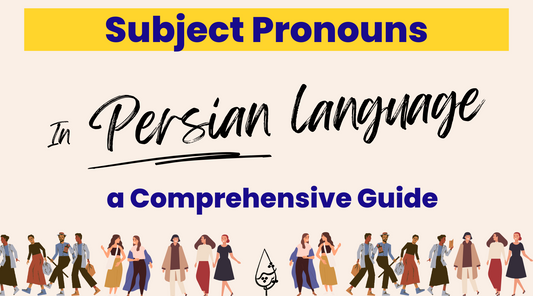Finglish or Penglish?
When it comes to blending Persian with English, you might have encountered two terms: Finglish and Penglish. But what do these mean, and which one is more accurate?
Finglish refers to writing Persian (Farsi) using the Latin alphabet, relying on English phonetics. For example, instead of writing "من ایران را دوست دارم" in Persian script, you would write it as "man Irano doost daram" in Finglish. This is widely recognized and used in informal online communication.
Penglish, on the other hand, could logically refer to the mix of Persian and English, given that "Persian" is the internationally recognized term for the language. Historically, the language was known as Pārsi (پارس), but the letter P does not exist in the Arabic alphabet. After the Arab conquest, Pārsi became Fārsi, which is still the term used within Iran today.
Interestingly, this shift in naming wasn't merely due to language influences. Even during times of Arabic linguistic dominance, Persian scholars cherished their native tongue. As Shams Tabrizi, a mystical poet and spiritual teacher, poignantly expressed:
“What has happened to the Persian language? With all its subtlety and grace, it holds meanings and delicacy that Arabic cannot express.”زبان پارسی را چه شدهاست؟ بدین لطیفی و خوبی، که آن معانی و لطافت که در زبان پارسی آمدهاست و در تازی نیامده است.
Who is Shams?
Shams is most famously known for his transformative relationship with Rumi, the Poet of Love. Before Shams entered his life, Rumi was an accomplished scholar, but it was Shams who ignited Rumi's deeper spiritual journey. Their bond transcended the ordinary, turning Rumi into a vessel of divine love and inspiration. In essence, Shams became Rumi's guide to his higher self, leading him to express profound spiritual truths through his poetry.
So, should we call it Finglish or Penglish?
While Finglish is the more widely known term, Penglish could offer a more accurate, international representation of the concept. Ultimately, language evolves based on common usage, so if you prefer Penglish, using it could spark a shift in how people refer to this hybrid writing style.
In summary, while Finglish remains the dominant term, there's no harm in championing Penglish as a meaningful alternative.




